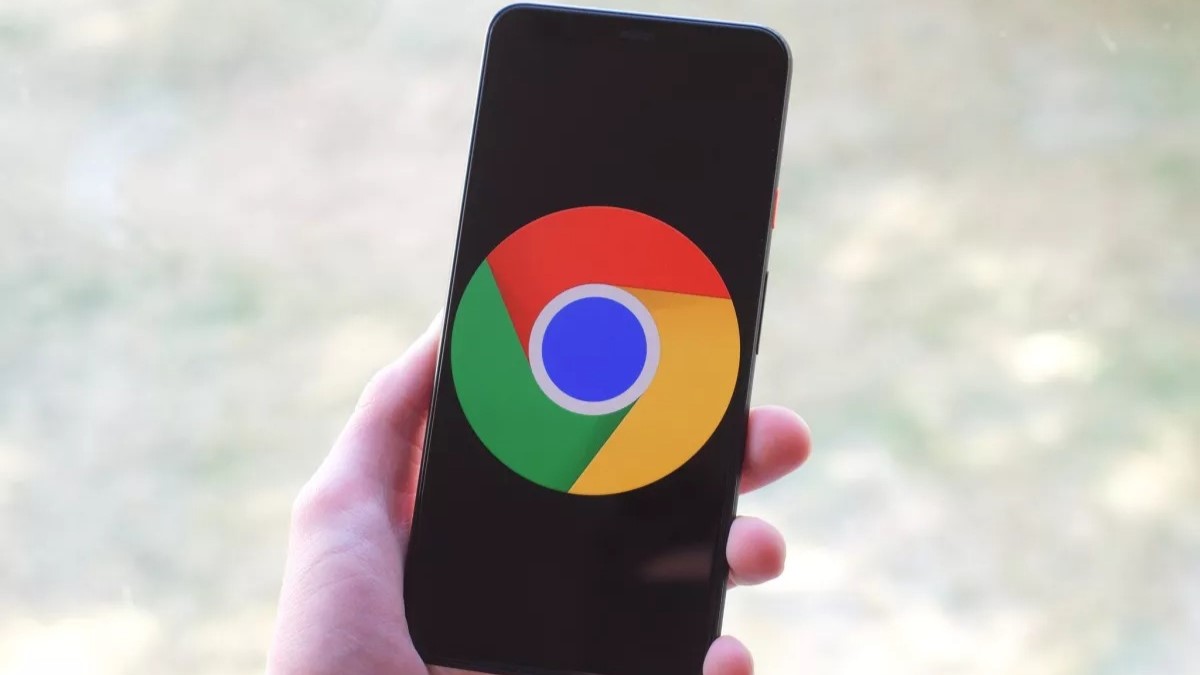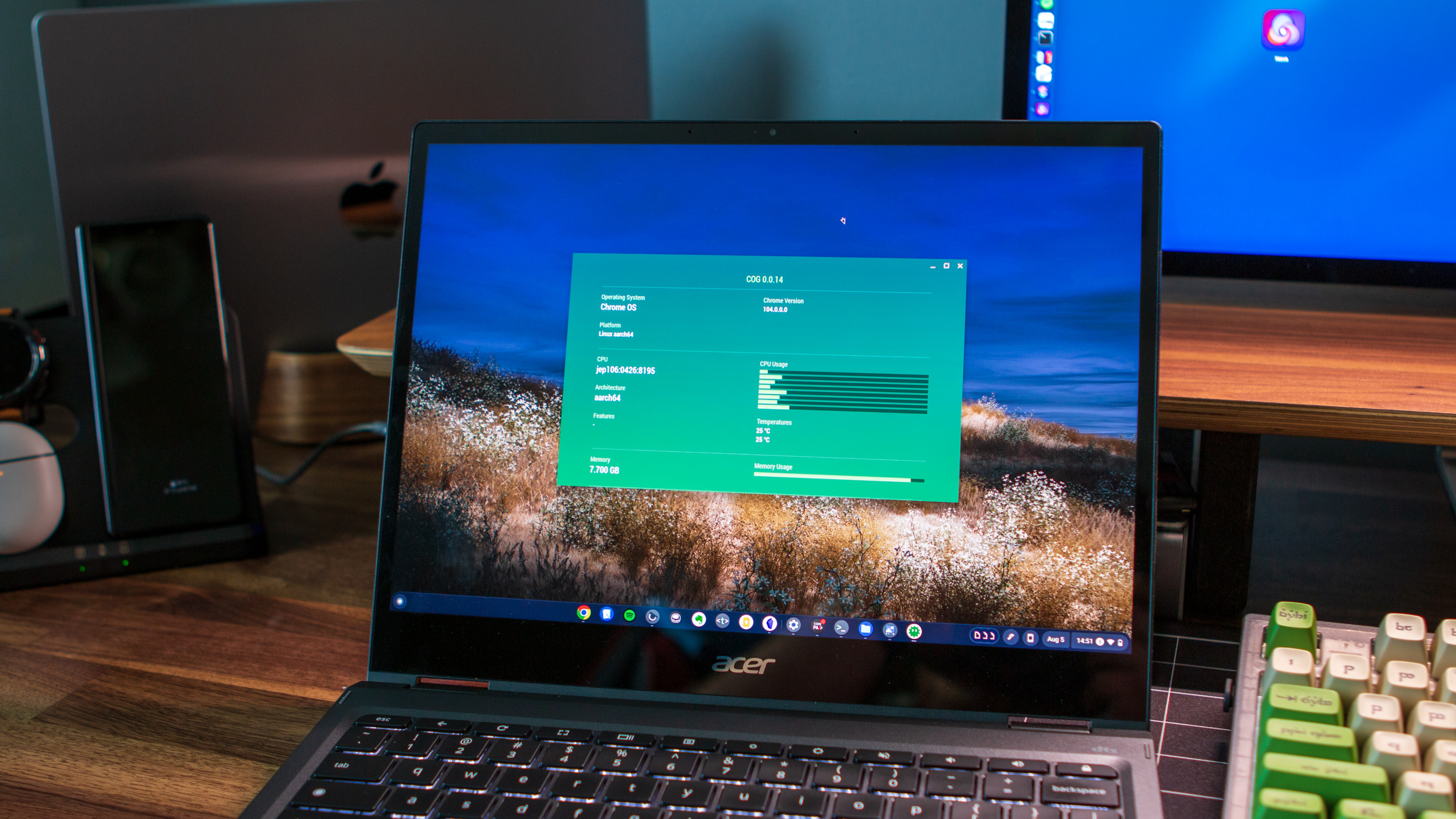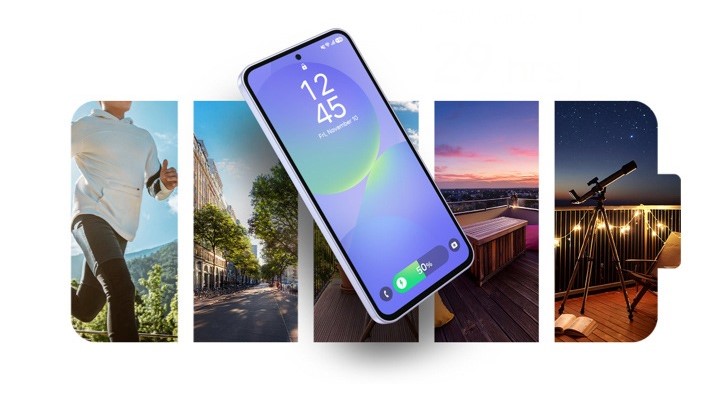Google might let you run ChromeOS on Android one day
The functionality was reportedly demoed for partner companies, but it's far from official.

What you need to know
- Google is reportedly experimenting with running ChromeOS on Android devices, though it's unclear if this functionality will ever come to market.
- The company is said to have demoed ChromeOS on Android to its corporate partners at a private event.
- ChromeOS was running on Android using the Android Virtualization Framework, according to the report, and only worked with phones connected to an external display.
Although Google has maintained that Android and ChromeOS are two separate and distinct platforms over the years, they've also grown closer together in some ways. For example, you can download and use Android apps within ChromeOS. In the future, the reverse might be true. According to a report from Android Authority, Google is toying with the idea of running ChromeOS on Android phones and has even recently demoed the functionality.
Previously, it was reported that Google was planning on developing a desktop-like environment for Android that would rival Samsung's DeX. It looks like another option for the company could be using the desktop operating system it already has—ChromeOS. There were calls by Android and ChromeOS fans to make the latter available on the former, and now there's a glimmer of hope that it could happen.
It's now possible to run ChromeOS on Android, at least internally at Google, due to a new Android feature called the Android Virtualization Framework (AVF). This framework "provides secure and private execution environments for executing code," according to Google's official documentation. "AVF is ideal for security-oriented use cases that require stronger, even formally verified, isolation assurances over those offered by Android’s app sandbox."
The first real use case for AVF might come with the ability to run ChromeOS on Android. In fact, Android Authority says that Google is able to run Chromium OS — which is an open-source version of ChromeOS — on Android phones via this method. It has even shown off Chromium OS on Android devices to other manufacturers it is partnered with, the report says.

The private event saw a Pixel 8 run a Chromium OS variant known as "ferrochrome." It was run using virtualization, which was made possible thanks to the AVF. This functionality also used an external display for Chromium OS output, taking advantage of the Pixel 8 series' new support for display output.
It's still up in the air whether ChromeOS on Android will ever be something that leaves the walls of Google. It makes sense that Google would try this out, and it's reasonable to think that leveraging ChromeOS to offer a desktop environment for Android users is easier than building something from the ground up. Still, Google has maintained that ChromeOS and Android have not merged in the past, and we don't know whether VMs are something of interest to the company.
Be an expert in 5 minutes
Get the latest news from Android Central, your trusted companion in the world of Android

Brady is a tech journalist for Android Central, with a focus on news, phones, tablets, audio, wearables, and software. He has spent the last three years reporting and commenting on all things related to consumer technology for various publications. Brady graduated from St. John's University with a bachelor's degree in journalism. His work has been published in XDA, Android Police, Tech Advisor, iMore, Screen Rant, and Android Headlines. When he isn't experimenting with the latest tech, you can find Brady running or watching Big East basketball.
You must confirm your public display name before commenting
Please logout and then login again, you will then be prompted to enter your display name.
